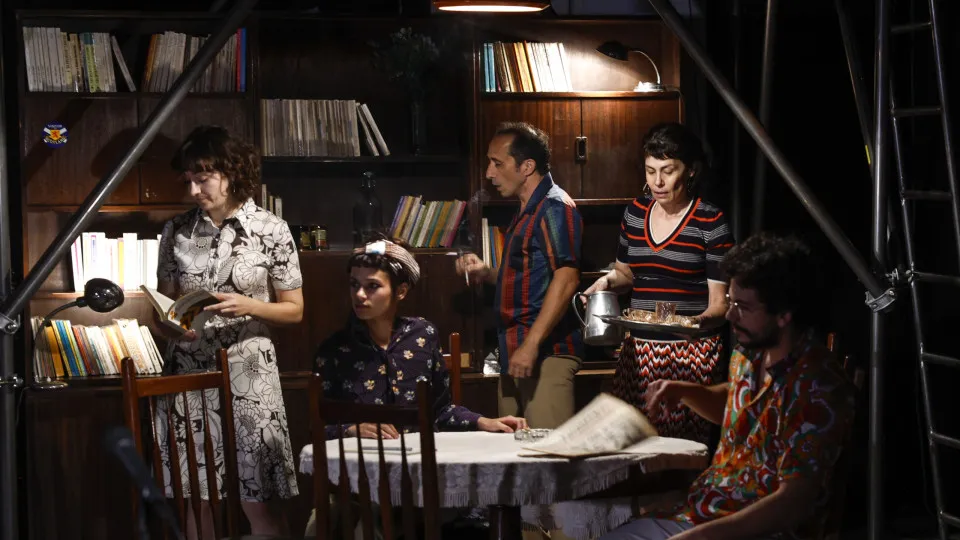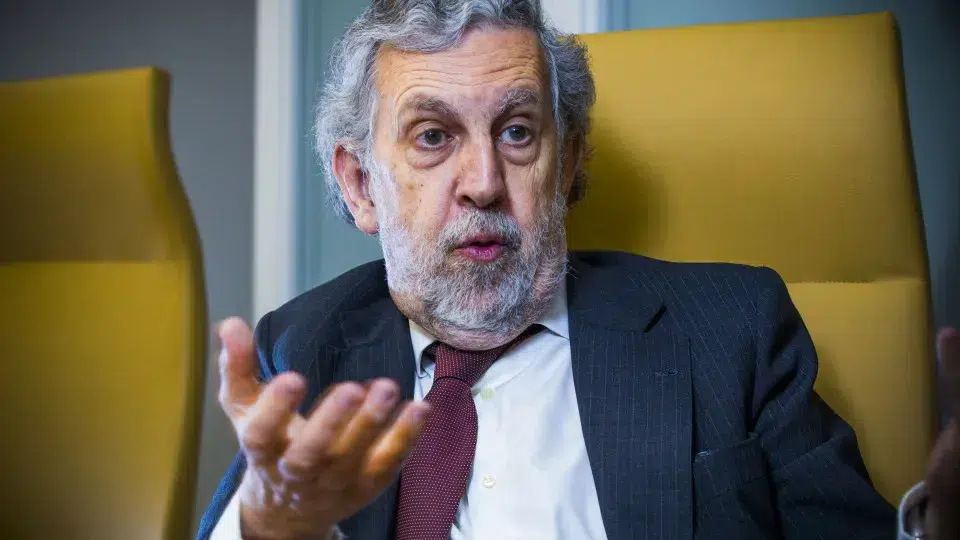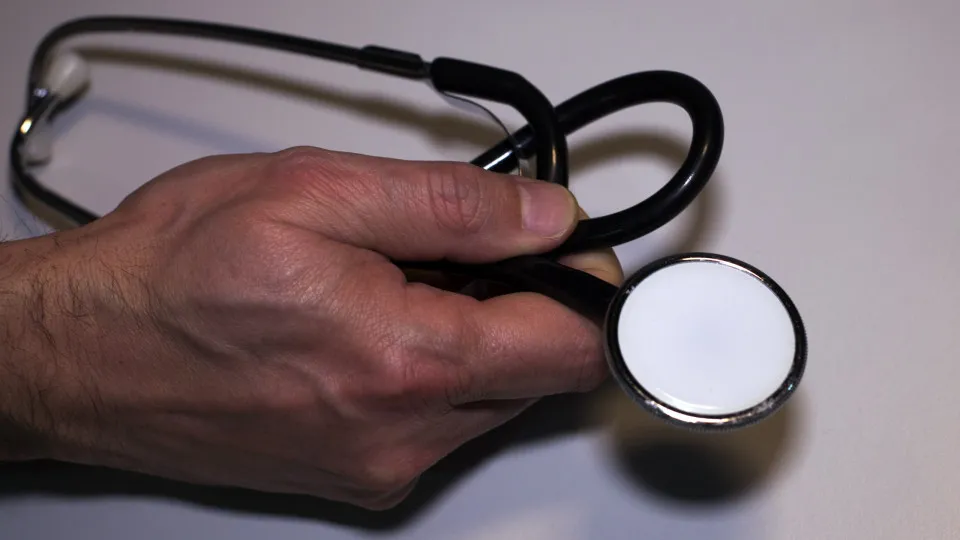
The characters gather around the table of memory and begin to recall “a series of works” that supported the creation of the show “Torrente” to “better tell the story” of the revolutionary period, explained Joana Craveiro, the artistic director of Teatro do Vestido, during a rehearsal break.
Excerpts from works by those who experienced the revolution (Artur Portela, Eduarda Dionísio, Maria Velho da Costa, Olga Gonçalves) are read by those who can only imagine it. “We weren’t there,” the characters state, in “scenes from a film that was never shot.”
On this “laboratory table,” a “dissection” of the end of a revolution takes place, on the “thirst of a wait” that “only quenches in the torrent,” as sung by Sérgio Godinho in the song “Liberdade,” the “classic” that lends its name to the show, set to premiere on November 8 at ZDB 8 Marvila in Lisbon.
However, Joana Craveiro notes that the show is not “aligned” with the title and is even “a kind of anti-torrent,” less documentary and informative, more poetic and evocative.
The PREC was simultaneously a time where “struggles still happened,” but already “before the great sadness.”
Without being “melancholic or nostalgic,” the “mosaic of stories” will display “the bitterness of the end of things,” as Eduarda Dionísio mentioned, and reveal “a certain feeling of orphanhood that occurs for […] more than one generation post-April 25” of 1974, the date a military coup ended a 48-year dictatorship.
This initial coup was marked by the emergence of a “popular power,” which until then no one “knew what it was,” points out Joana Craveiro, who was born later but closely interacted with many people who experienced the PREC.
“In Portugal, from April 25, there is a movement that even the military did not expect, where this people who were oppressed for 48 years, supposedly not politicized, suddenly find themselves able to articulate what they desire for their lives, which they lacked before,” she recalls.
“Torrente” opens with the statement “All the reported facts are real, the fiction was elsewhere” and explores what happens after April 25, “when everything starts to unravel,” situates the playwright, director, actress, and documentarian, who has dedicated several years to the Portuguese revolution.
“How do these generations deal with what happened and was so intense, and suddenly some things did not come to pass?” she asks.
Joana Craveiro is aware that “all memories [are] conflicting,” but that does not deter her from working with them.
The PREC “is not taught in schools, nor is it often taught in families,” she highlights, pointing out: “It’s very comfortable to have just one day, with some commemorations, which over time also lose a bit of their meaning and then all the memory of what happens next gets lost.”
In this context, “many people don’t know” what the PREC was. “But I’m sure anyone who lived through the post-April 25 […] will understand exactly what we are talking about here. Anyone, regardless of what they might feel about it,” she believes.
She is often asked if she is not “tired” of working on April 25, and Joana Craveiro even admits that, after 15 years, this might be “the last project” she dedicates to the Portuguese revolution, but she continues to emphasize that “it is an inexhaustible theme,” whether on a grand scale or in more detail.
“We need an artistic approach to the Portuguese revolutionary process to be able to study, investigate, and convey it,” she claims.
With text by Joana Craveiro herself, “Torrente” can be seen at ZDB 8 Marvila on November 8, 9, 10, and 11, and later this year in Coimbra at the Teatro Académico de Gil Vicente on December 12 and 13.




